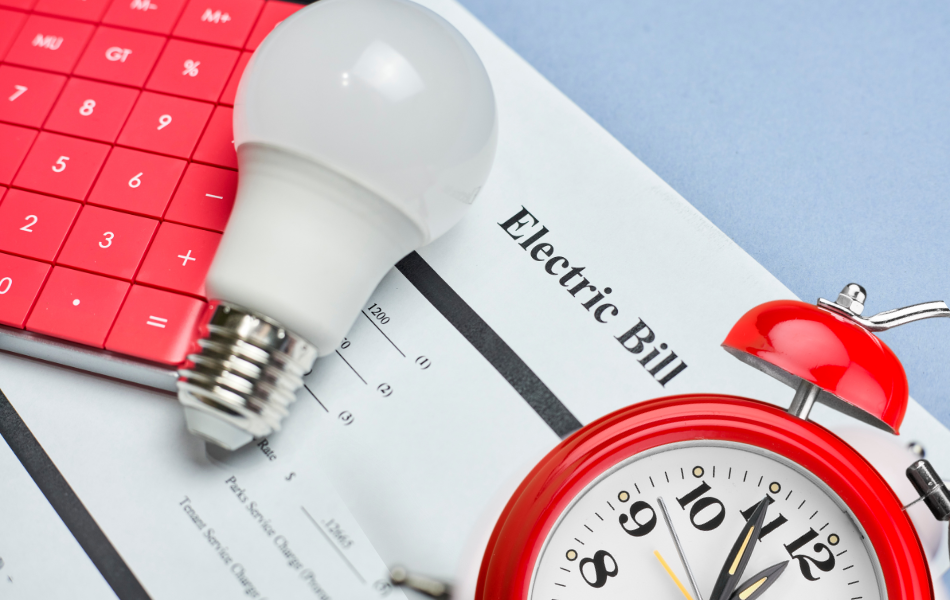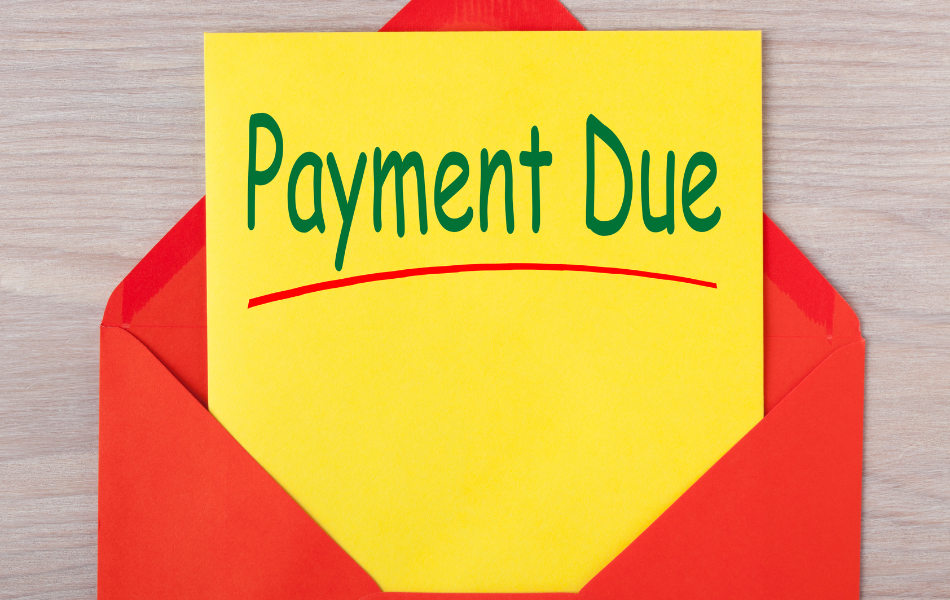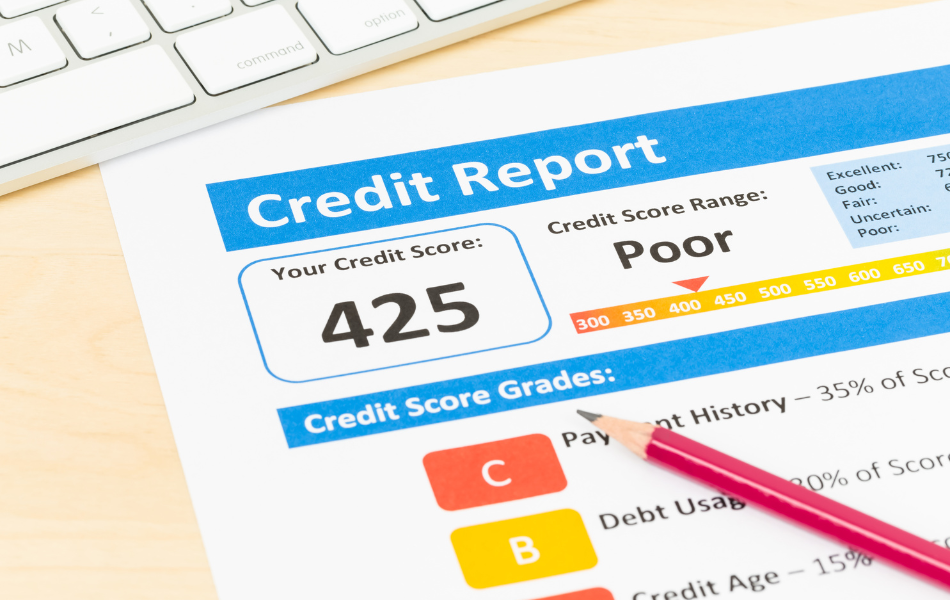6 Signs Debt Is Taking Over Your Life
Feeling like you have little money left after paying bills? Well, you are not alone. This has become an increasing problem for many since COVID hit. According to a recent survey, 63% of Americans say they’re living paycheck to paycheck since the COVID-19 pandemic hit. According to the same survey by Highland Solutions, 42% of Americans have taken on more debt than they normally would. Debt for many isn’t going away so we’ve gathered a few indicators that can help you determine if it’s taking over your life.
1. You’re finding it difficult to make your minimum monthly payments
If you are having a hard time scraping together enough money to pay the minimum amount due across your accounts, it could be an indication that your debt is out of control. Keep in mind, only making the minimum monthly payments will result in more interest paid over time. This will also result in you remaining in debt for longer.

2. You can’t keep track of who you owe & your debt grows each month

Do you have too many people you owe money to? Keeping track of all your debt accounts can be quite the task. If you are finding it hard to keep your debt accounts straight, it may be a good idea to consider consolidating all of your debt into one personal loan. (This idea will be covered in-depth later.) Additionally, does it seem like every time you get your bill, the amount you owe increases? If your debt seems to increase every month, getting out of debt may seem like an impossible task.
3. You start missing payments
If you start to skip out on paying certain bills every month, it is a good indication that your debt has gotten out of control. Not paying your bills on time, every time can have a negative impact on your credit score, which could result in being denied financing in the future. In addition, paying your bill late may result in a late fee, which only adds to your debt. If you find yourself borrowing money to pay your bills, raise a red flag. You should not take on more debt to pay off your current debt.

4. Your debt keeps you up at night/you feel hopeless

If your debt is keeping you up at night, or if you are feeling hopeless when it comes to getting out of debt, it’s a good indication that it has taken over your life. If you are unable to clear your mind of your debt, it is time to make a positive change so you can worry less about your finances, and focus more on the things that make you happy.
5. You have stopped saving
Most experts will advise having at least six months of savings available to you in an emergency fund, however; 56% of working Americans say they are only able to save $100 or less each month. Not having an emergency fund available to you in the face of an unexpected event could put you in a stressful and financially troubling situation. While there are some months you may not be able to save much from your paycheck, if you consistently are unable to save, it’s time to reevaluate your debt and create a plan to get out.

6. Debt collectors are calling & your credit score is suffering

Have you started to get those annoying calls from debt collectors? If you answered yes to this question, it is time to formulate a plan to reduce your debt. Not doing so could not only put more strain on your finances, but it could also cause your credit score to plummet. Not paying your bills and incurring too much debt is detrimental to your credit score. Your credit score is a major factor financial institutions use in order to determine your creditworthiness. Having a poor score can drastically decrease your chances of getting approved for financing, and could affect other aspects of your life, such as your ability to get a certain job, rent a car, or move into an apartment. If your credit score has taken a plunge since you took on debt, it’s time to make a positive change.


